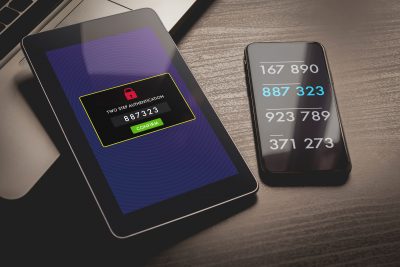What a year 2020 has been! New Year’s celebrations were barely over when the coronavirus turned things topsy-turvy. But one bright spot for 159 million people was the $1,200 Economic Impact Payment that appeared in their mailbox or checking account.
If you didn’t receive a payment, you may be wondering, why? And if you did, you may be wondering, what’s the catch? We are here to help put your mind at ease, so let’s tackle your questions, one by one.
Do I owe tax on the money I received? That’s an easy one: No. The stimulus payment was designed to impact the economy, not your taxes, so it won’t reduce your 2020 refund or increase your tax due.
I didn’t get a payment – why? If your income for 2019 or 2018 was over $75,000 ($150,000 if you filed jointly, $112,500 if you were head of household), then your payment was reduced by $5 for every excess $100 you earned. And if you didn’t file a tax return for either year, you may not have gotten a payment. But don’t despair, you still may be entitled to payment.
Really? What can I do now? If you were supposed to file a 2019 tax return and didn’t, file right away. If your income was too low to file, at IRS.gov you can click on the tab marked “Non-filers” and fill in your basic information. If the IRS determines you are eligible for a payment, they will send it to you.

What if my income has gone down? If your 2019 income was too high for you to receive a payment, but your income this year is much lower, you are in luck. You can claim your stimulus payment on your 2020 income tax return, and it increase the refund you receive (or reduce any tax due).
My 2020 income is higher than in 2019 – will the government want the money back? No. If you received a stimulus payment based on lower income in 2019, that payment is yours to keep even if your income increased above the threshold in 2020.
When it's time to file your taxes TurboTax is here to help!
From simple to complex taxes, TurboTax® has you covered. And when you need help, real experts are standing by — and can even do your taxes for you, start to finish with TurboTax Live®. Getting your biggest possible tax refund has never been easier. And as a credit union member you can save up to $15 on TurboTax. Click here to get started today!
The information in this article is for general educational purposes only and not intended to provide specific advice or recommendations.Please discuss your particular circumstances with an appropriate professional before taking action.















